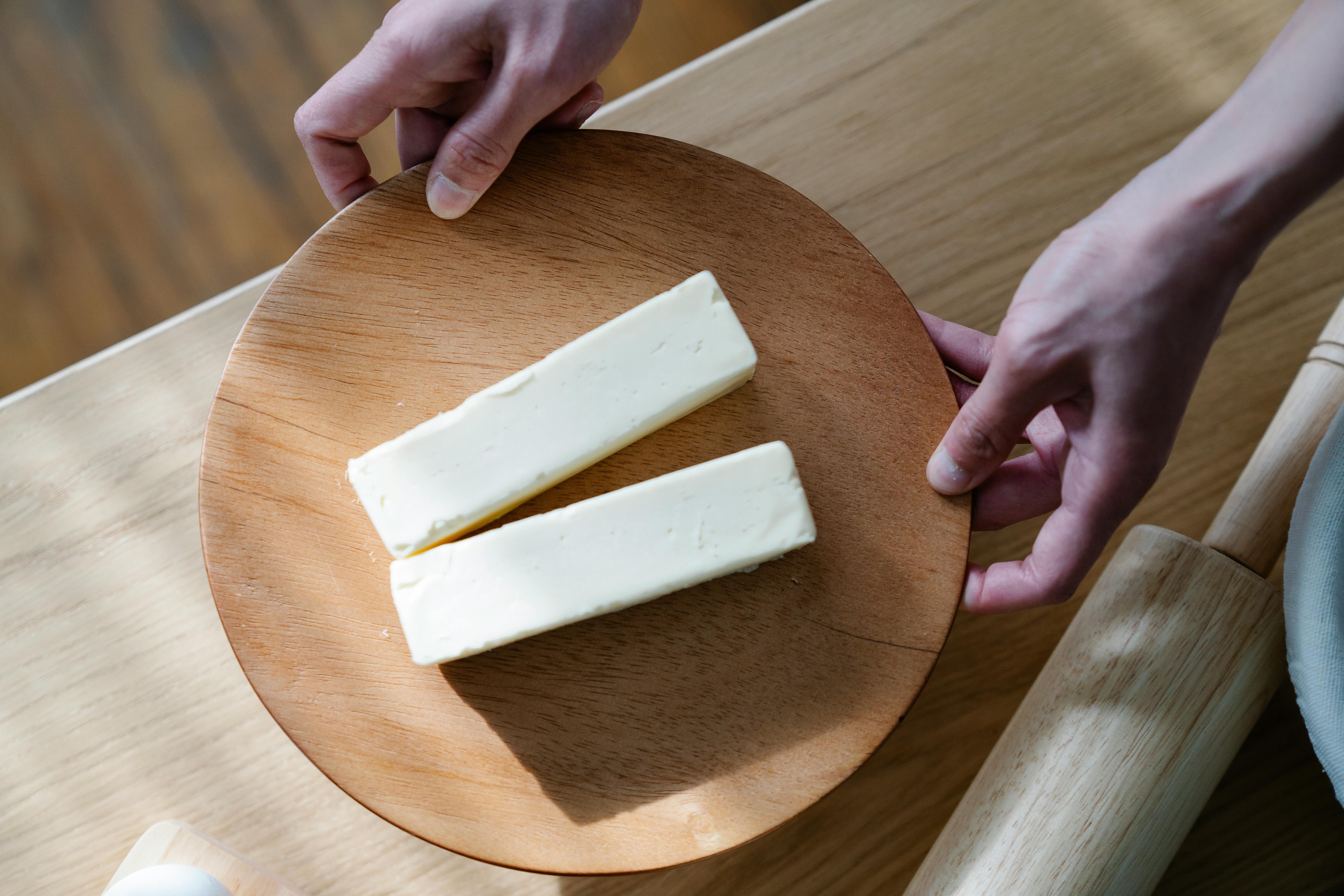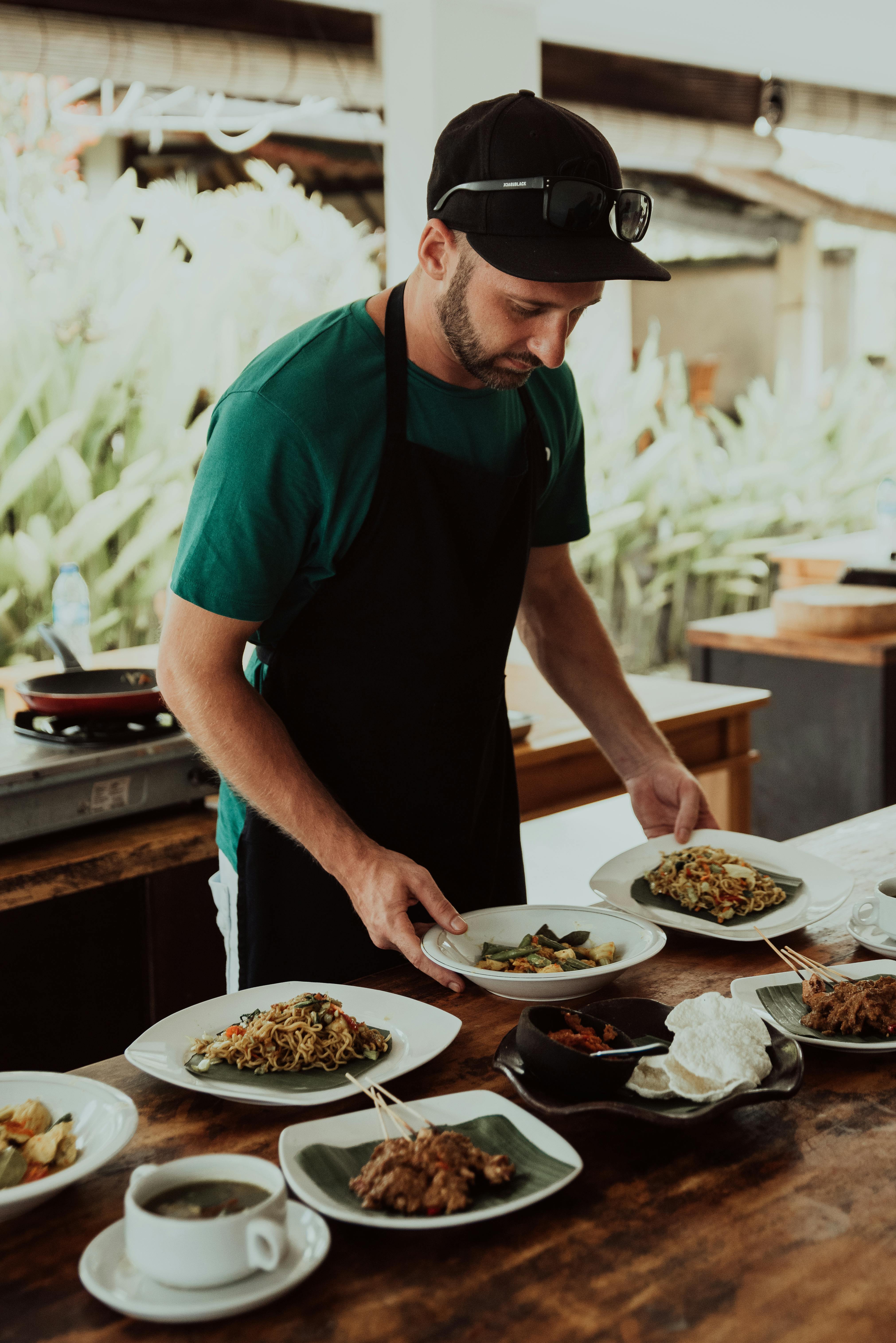Apply Now
Smart Ways to Make Sugar: Discover Essential Recipes for 2025
Understanding the Sugar Production Process
The journey of sugar from its natural sources to our tables is a fascinating tale of agriculture and technology. Sugar is primarily derived from sugar cane and sugar beet, two crops that play a vital role in global sugar production. The sugar production process begins with sugar harvesting, where the ripe canes or beets are collected. Once harvested, these crops undergo a series of steps including sugar extraction, filtration, and crystallization, ultimately leading to various types of sugar including granulated and brown sugar.
Sugar extraction is a critical phase where the juice from the sugar cane or beet is obtained. This juice is then filtered to remove impurities before being subjected to crystallization, where sugar molecules begin to form solid crystals. This fundamental process is essential for producing high-quality sugar, which can either be refined or left in a more raw state, depending on desired specifications. Understanding this process gives us insight into how sugar varieties like demerara and organic sugar come to be.
With the basics of sugar production in mind, it’s essential to explore the different types of sugar that result from these manufacturing techniques.
Types of Sugar: Raw, Refined, and Beyond
The sugar industry offers a plethora of sugar types, each with unique characteristics and uses. Raw sugar, often less processed than its refined counterparts, retains some of the natural molasses found in cane juice, giving it a richer flavor. Refined sugar, on the other hand, is purified to remove all impurities and achieve a white, granulated form, commonly used in baking and cooking.
Beyond these basics, various specialty sugars provide distinct flavors and textures suitable for different culinary applications. For instance, powdered sugar, also known as icing sugar, has a fine texture ideal for frosting and dusting over desserts. Similarly, sugar syrup serves as a versatile liquid sweetener that enhances a range of beverages and dishes. It is crucial to select the right type of sugar according to the recipe requirements and desired outcome.
As we delve deeper into the practical aspects of sugar, let’s examine how these sugars can be transformed into delightful recipes.
Essential Sugar Recipes for 2025
In the realm of cooking and baking, sugar becomes a cornerstone ingredient. Understanding how to work with different types of sugar opens up a world of culinary possibilities. For example, incorporating demerara sugar into baked goods adds a delightful crunch and caramelized flavor, while brown sugar can heighten the richness of cookies and sauces.
One classic recipe that highlights the versatility of sugar is the homemade caramel sauce. To prepare, dissolve granulated sugar over medium heat until it melts and develops a rich amber color, incorporating cream and butter for added creaminess. This delectable sauce can elevate desserts or serve as a sweet drizzle for various dishes.
Additionally, creating sugar syrups with different flavor infusions, like mint or vanilla, offers delightful customization for cocktails and desserts. By learning these sugar recipes, you can master the art of sweetening and discover innovative ways to enhance flavors in your cooking.
Let's now explore the health aspects associated with sugar.
The Health Effects of Sugar Consumption
While sugar is a beloved ingredient in many dishes, it's essential to approach its consumption with awareness. Understanding the health effects of sugar helps in making informed dietary choices. Excessive sugar intake has been linked to various health issues, including obesity, diabetes, and heart disease. This has led to an increased interest in sugar substitutes and alternatives that can provide sweetness without the associated health risks.
Natural sugars, found in fruits and dairy, offer a healthier option compared to refined sugars. They come with essential nutrients and fiber, promoting better digestion and overall health. On the other hand, artificial sugars and sweetening agents, although calorie-free, can lead to cravings and potential metabolic disruptions in some individuals.
Recognizing the balance between sweetness and health is crucial in today's dietary landscape. As we become more informed about sugar and its alternatives, we can make better choices that align with our health goals.
Exploring Sustainable Sugar Production Practices
Sustainability is a significant trend affecting the sugar industry, with calls for practices that minimize environmental impact. Sugar plantations have historically contributed to deforestation and water resource depletion. However, modern approaches in sustainable sugar production involve innovative agricultural techniques and ethical considerations.
Farmers are increasingly adopting methods such as crop rotation, organic cultivation, and integrated pest management to enhance sustainability in sugar cane and beet farming. These practices not only protect the environment but also improve crop yields, benefiting both the economy and the ecosystem.
Investing in organic sugar and sustainably produced sugar not only supports responsible farming practices but also encourages a shift in consumer habits towards healthier choices. Awareness of sustainability in the sugar industry is paramount as we navigate the complexities of our food sources.
Innovations in Sugar Processing Technology
With advancements in technology, the sugar industry is witnessing significant innovations that enhance production efficiency. The sugar manufacturing process has benefited from new filtration methods, improved extraction techniques, and faster crystallization processes. Automation and smart technologies are reshaping sugar factories, allowing for a more streamlined and eco-friendly production approach.
Technological innovations also include the development of more sustainable sugar byproducts, reducing waste and creating new opportunities in food production. The utilization of molasses, for example, as a base for fermentation in the production of biofuels demonstrates how byproducts can contribute positively to resource management.
As we look towards 2025, the sugar industry is poised to embrace steeper innovations that not only foster production efficiency but also prioritize consumer health and environmental sustainability.

Managing Sugar Levels in Diets: Healthier Choices
For those mindful of their sugar intake, navigating dietary choices can be challenging. The key lies in understanding sugar content across various food sources and recognizing how to manage it effectively. Tracking daily sugar consumption, balancing it with physical activity, and making healthier choices can pave the way for a sustainable lifestyle.
Incorporating sugar substitutes, such as agave syrup or coconut sugar, can reduce refined sugar intake while still satisfying the sweet tooth. Educating oneself about hidden sugars in processed foods also plays a vital role in maintaining healthy sugar levels in diets.
Overall, cultivating awareness around sugar consumption fosters a healthier relationship with this beloved ingredient, enabling individuals to enjoy its sweetness without compromising their well-being.

Future Trends in the Sugar Industry
As we venture into the future of sugar, several trends are shaping the industry landscape. There is a growing consumer preference for clean labels and transparency, prompting brands to focus on the origins and processing of sugar. Moreover, innovations in sugar substitutes and natural sweeteners are gaining traction, appealing to those seeking alternatives to conventional sugars.
Another critical trend is the emphasis on health benefits and the role of sugar in balanced diets. Sugar education plays a pivotal role in empowering consumers to make informed choices while enjoying the diverse uses of sugar in cooking and baking.
In conclusion, the evolution and future of sugar production showcase the intricate relationship between health, sustainability, and culinary innovation. As we explore the changing paradigms around sugar, we are reminded of its essential place in our lives, along with the responsibility to engage with it mindfully.
Q&A: Common Questions About Sugar
1. What are the different types of sugar?
There are numerous types of sugar including granulated sugar, brown sugar, powdered sugar, and liquid sugar. Understanding these types allows for better utilization in various recipes.
2. What are the health effects of consuming sugar?
Excess sugar consumption can lead to health issues such as obesity, diabetes, and heart disease. Moderation and awareness are key in maintaining a balanced diet that includes sugar.
3. How can I reduce sugar intake without sacrificing sweetness?
Exploring sugar substitutes like stevia or natural sweeteners can provide sweetness without added calories. Additionally, incorporating more natural sugars found in fruits can satisfy cravings healthier.
4. Are there sustainable practices in sugar production?
Yes, sustainable sugar production practices include organic farming, crop rotation, and proper land management, which minimize environmental impact while maintaining productivity.
5. What’s the future of sugar in culinary practices?
Future trends include innovations in sugar substitutes and a focus on transparency in sugar sources. Health awareness will drive the demand for cleaner and more sustainable options in cooking.
Its part of generated content. Can i generate another part?


